


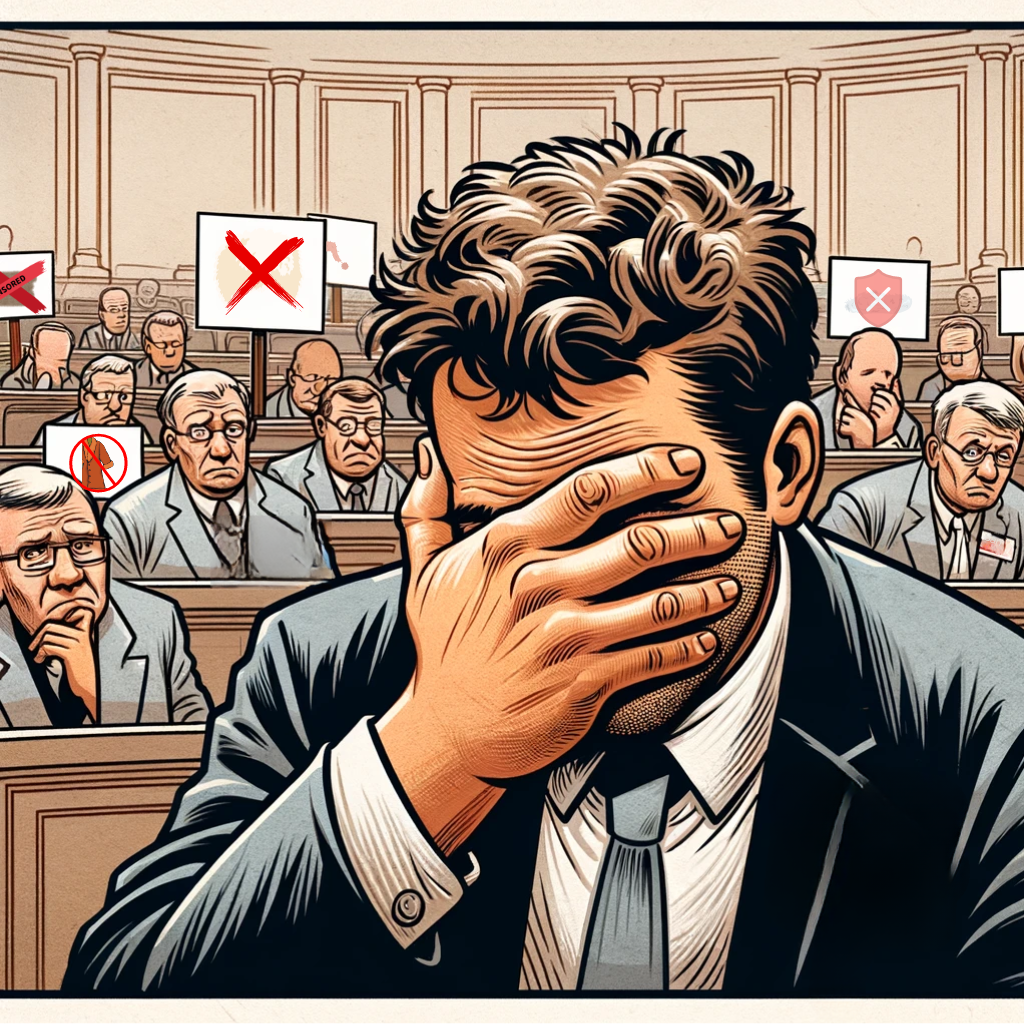



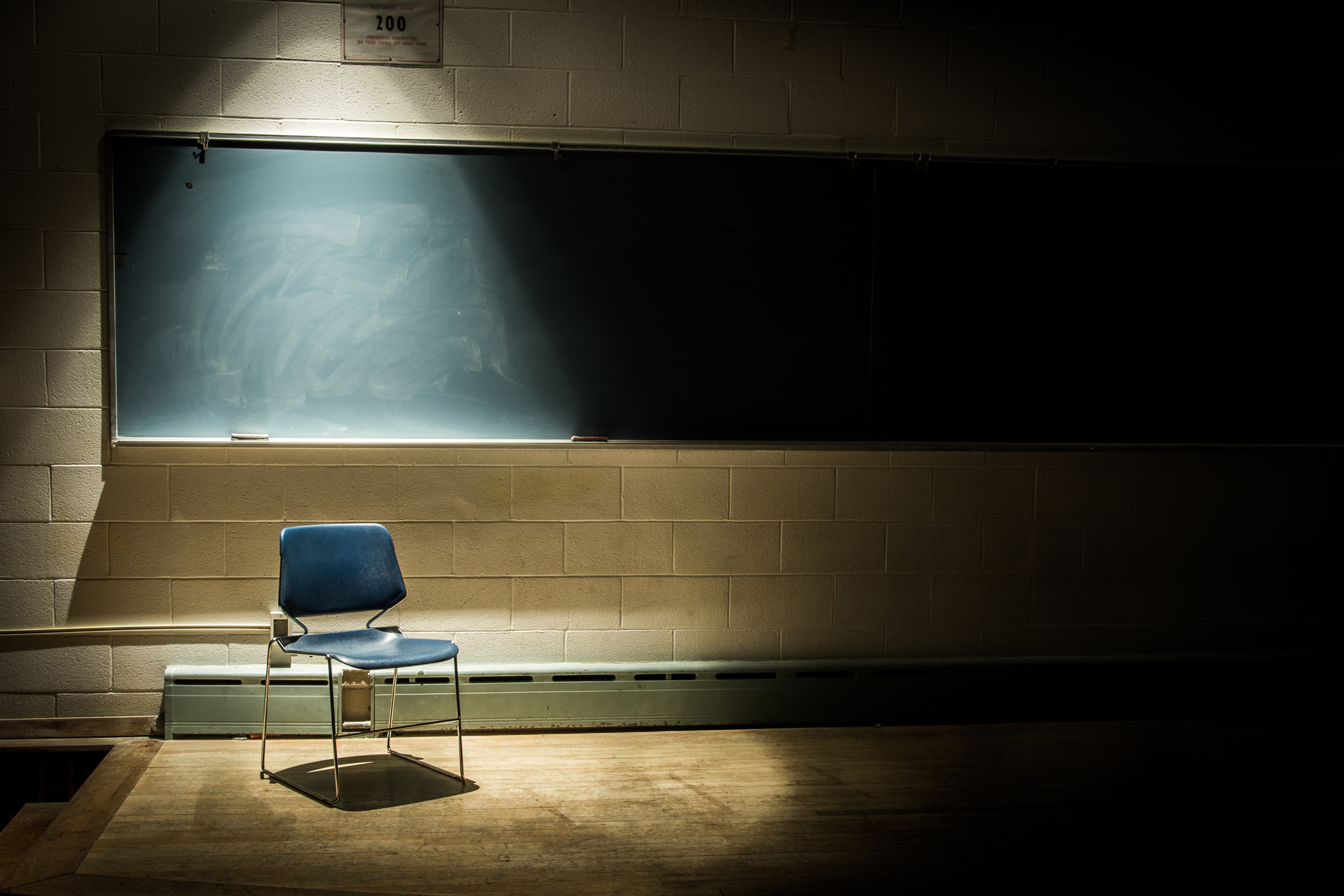



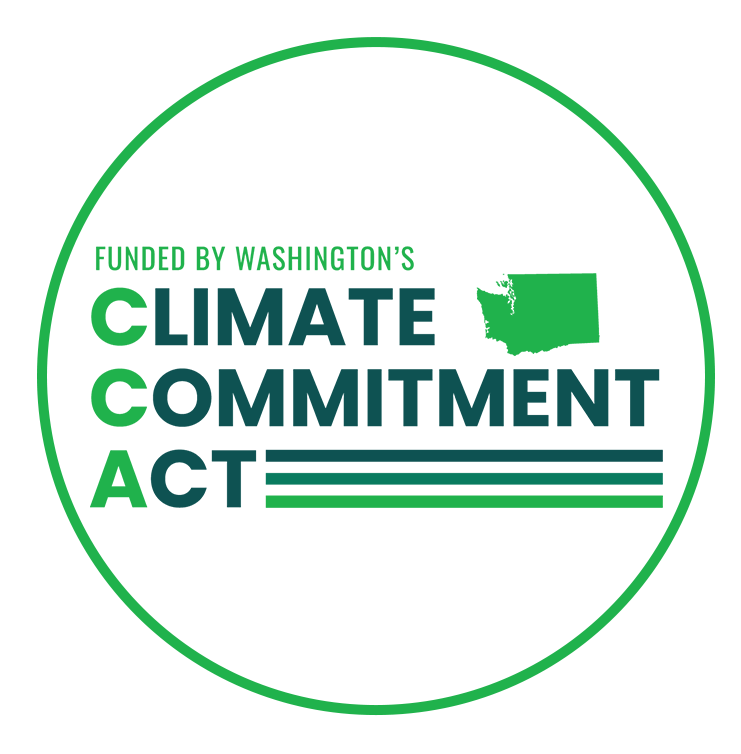
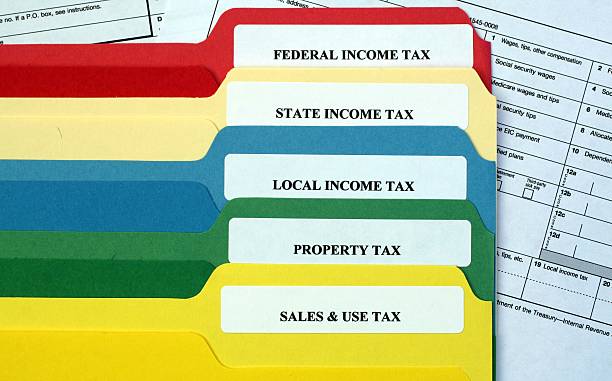
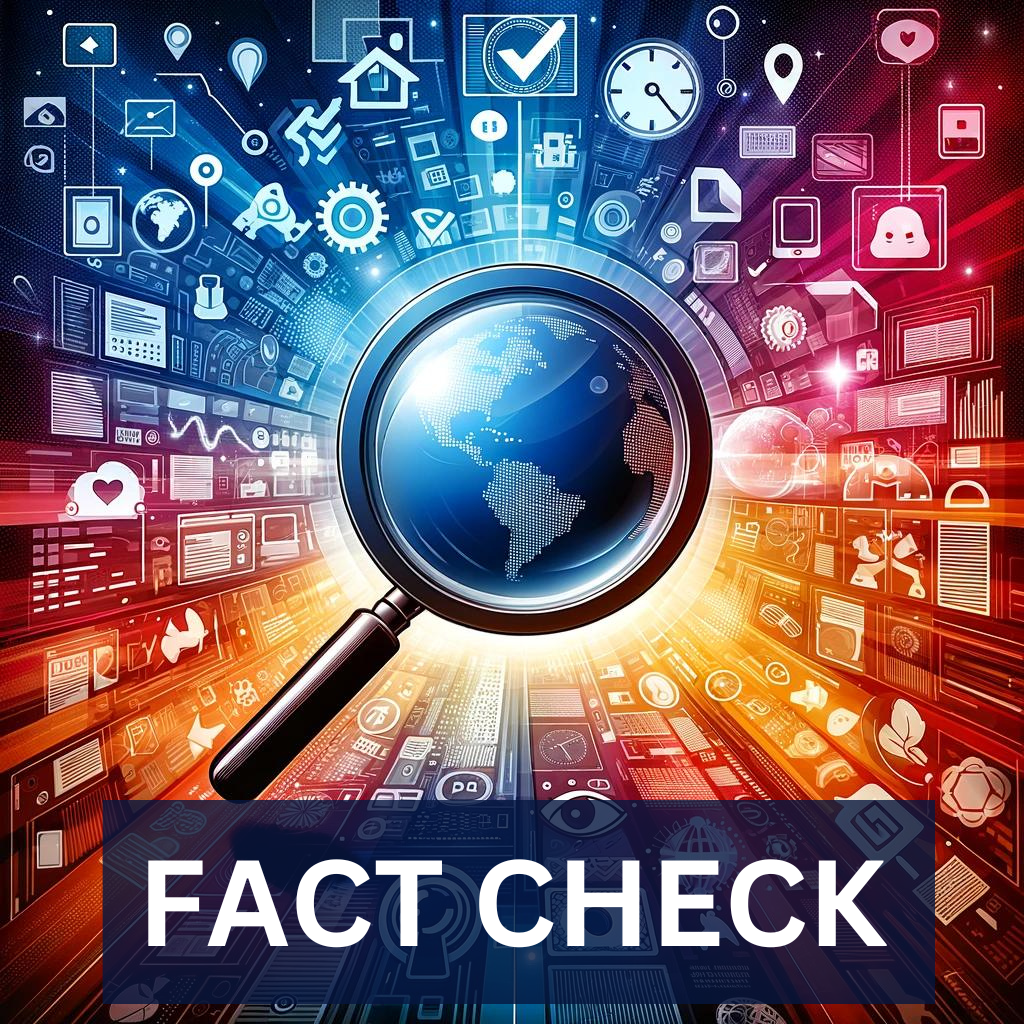
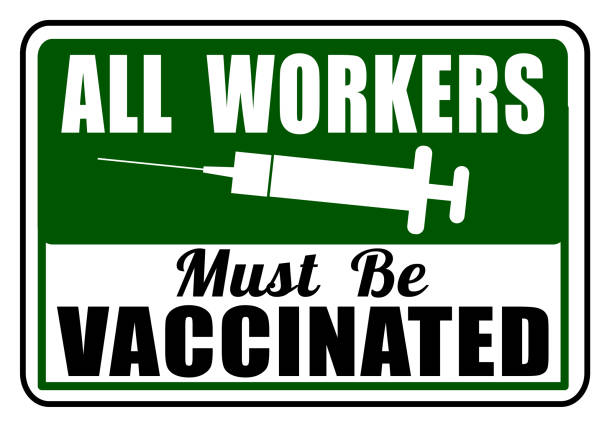



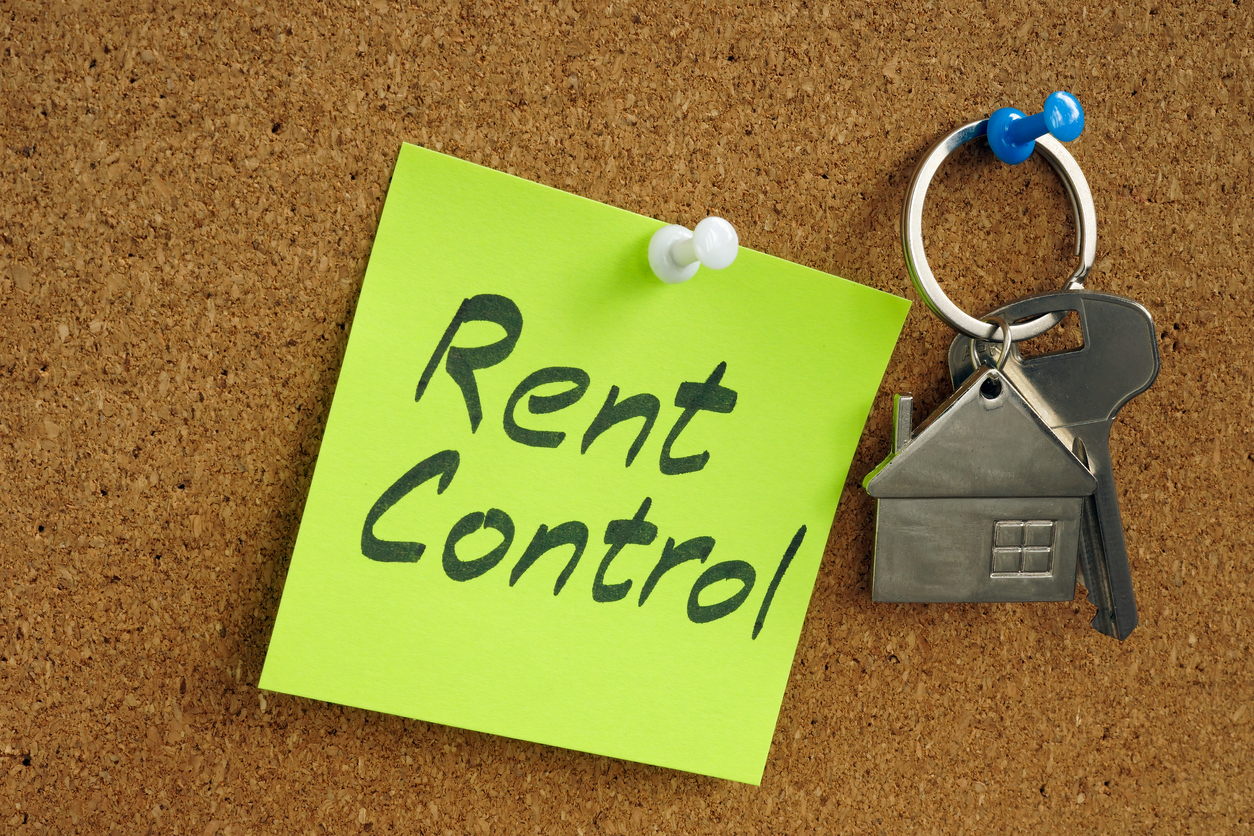
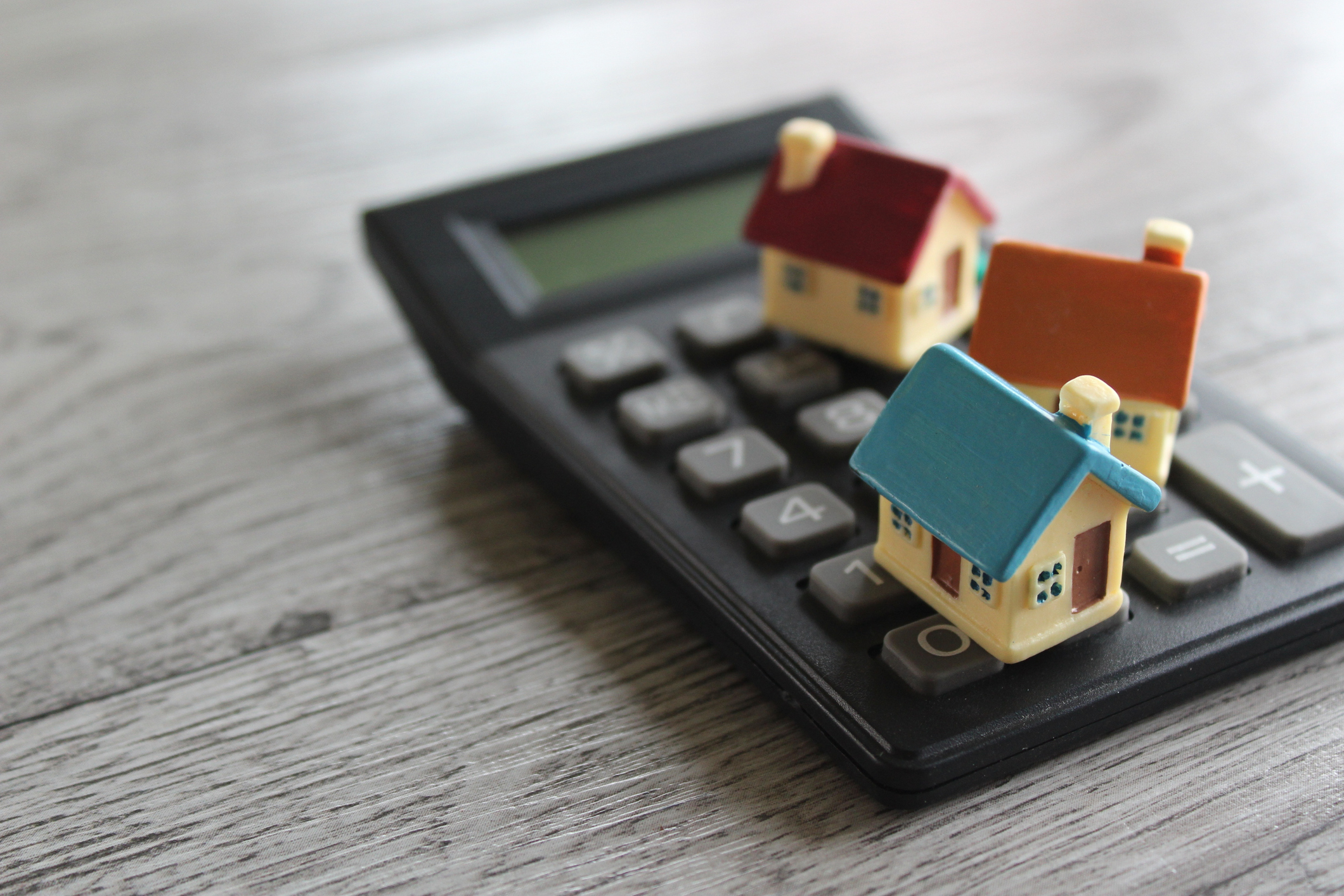
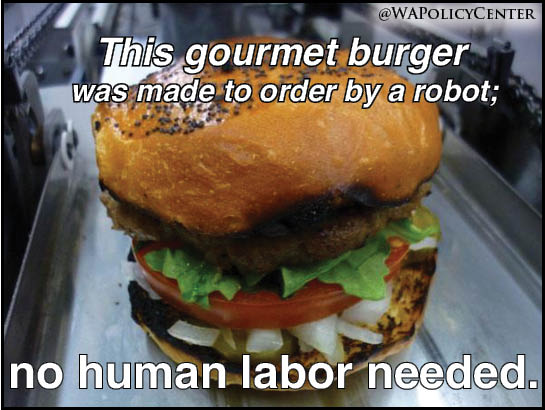




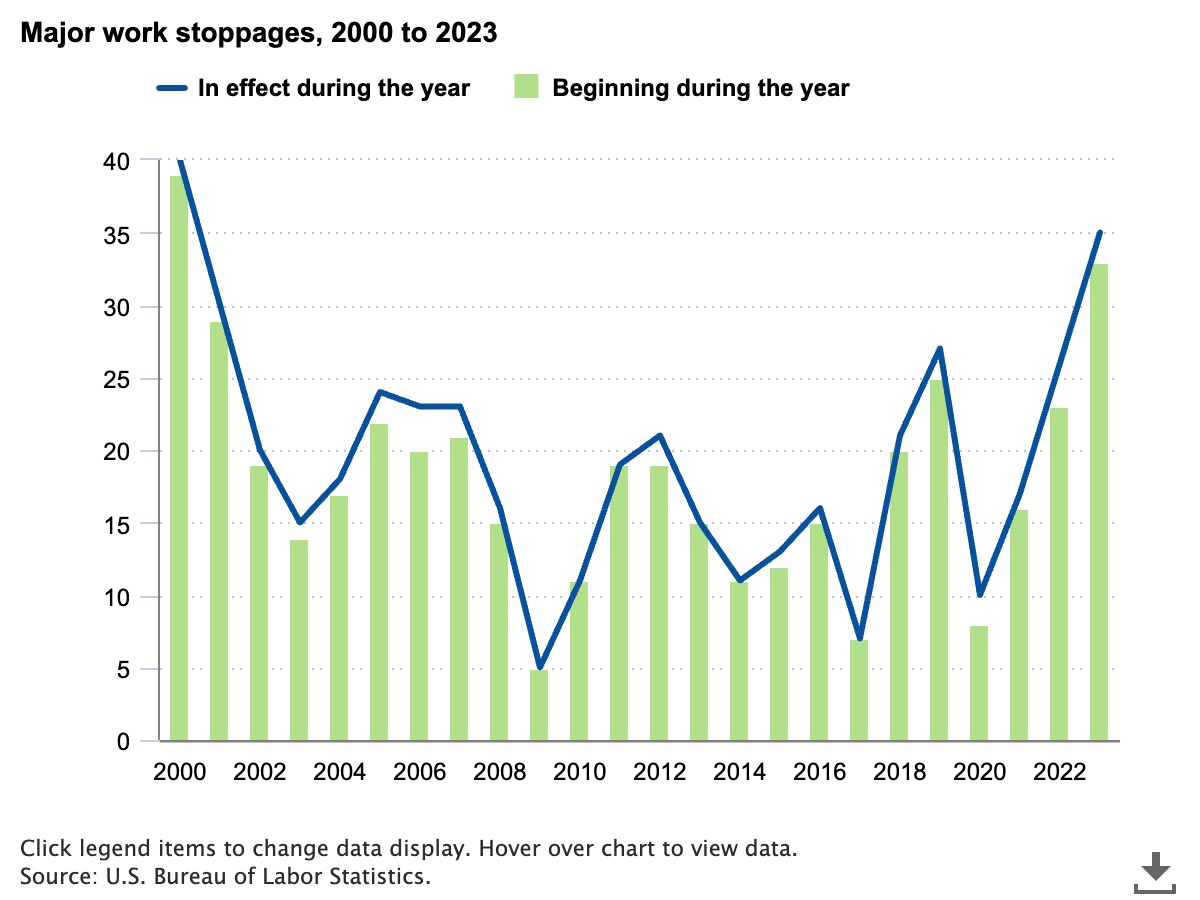









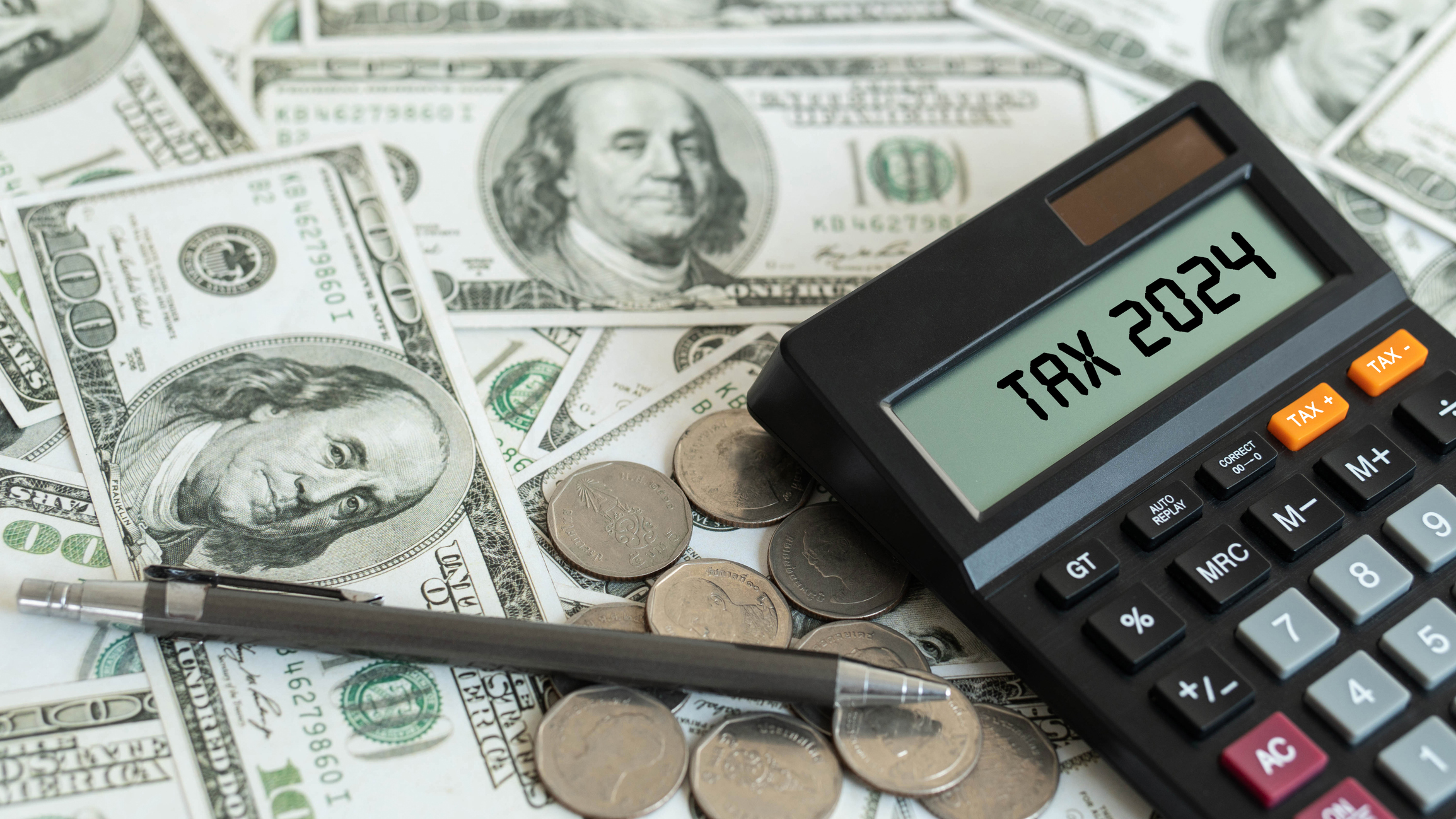
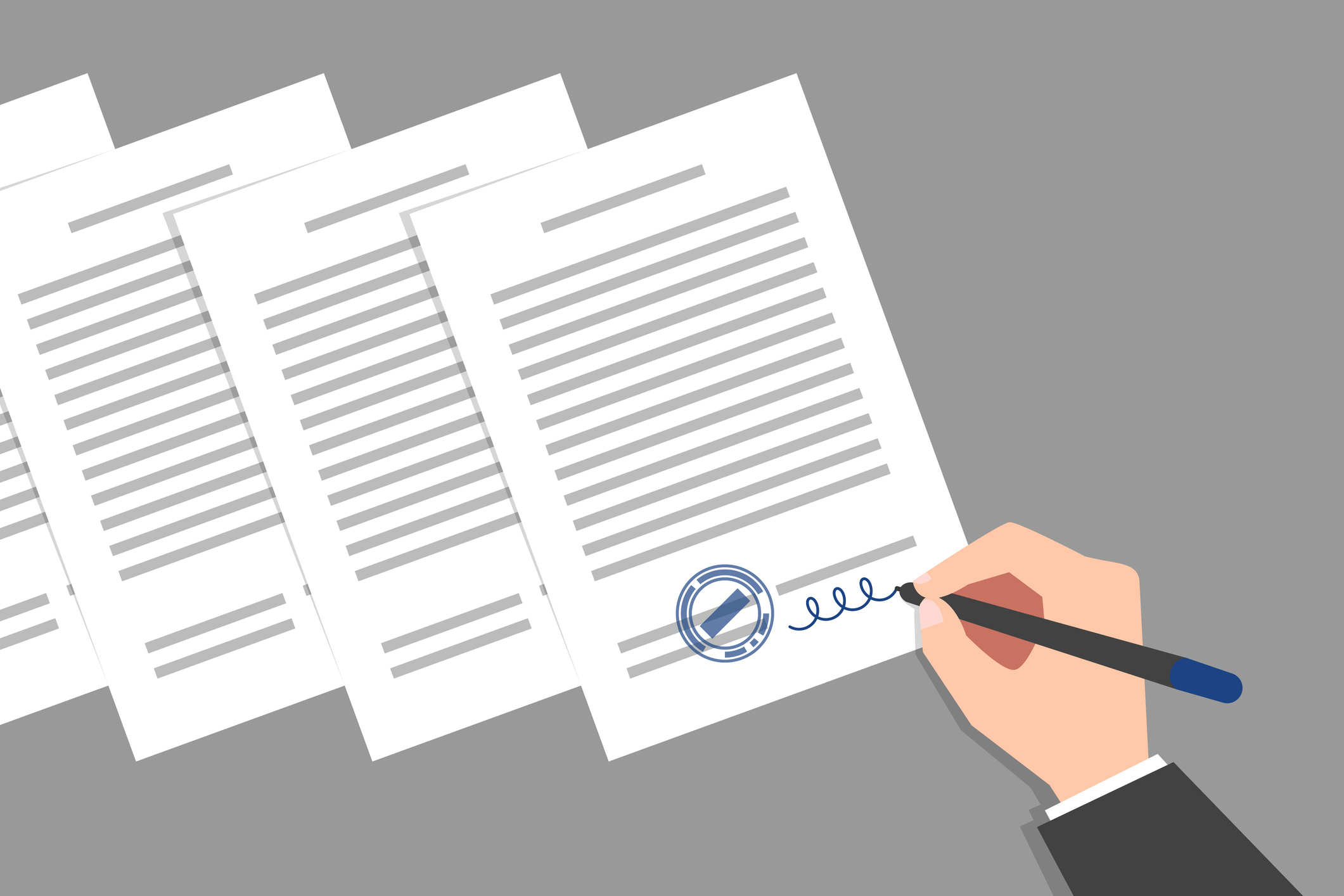
Introduction
One of the important benefits of independent policy analysis is to take a moment to look at once-controversial policies that, with time, have become accepted and routine. This is a good way to use real-world experience, not theories or projections about the future, to find out which public policy ideas work and which ones don’t.
A review of Washington’s once hotly-debated 1 percent property tax law shows this form of tax limitation is working for the people of Washington, and that the budget disasters once predicted by opponents have not come true. This finding is supported by 14 years of experience, in which revenue for state and local government increased while the 1 percent limit provided a measure of financial protection and predictability for Washington property owners.
The property tax is a budget-based tax
The property tax is a budget-based tax, rather than a rate-based tax like the sales tax or the gas tax. That means elected officials decide in advance, usually in November, the total dollar amount they will collect from property owners in their area in the following year. State lawmakers do the same when they pass the state’s two-year budget.
The assessor in each county then divides the total amount due among homeowners and business owners based on estimated market values. Property owners must pay their allotted share until elected officials get the full dollar amount they expect for the year. People can be taxed by officials in up to ten taxing districts at the same time. When some property owners get a tax break, their share is shifted to their neighbors until, again, elected officials in each district receive the full dollar amount they decided on in advance.
Traditionally, the total amount public officials could collect in regular property tax under state law was no more than 6 percent over the total amount they collected the previous year, regardless of inflation or trends in real estate values.
Also, property taxes are not based on ability to pay, so a taxpayer’s income can go down one year, while elected officials are increasing the property tax burden at the same time. Not surprisingly, officials in Seattle and many other areas insisted on imposing the maximum increase they could get each year – the full 6 percent – in order to maximize their revenue.
Governor Gregoire signs the 1 percent limit bill
Public frustration with rising financial burden imposed by elected officials led voters to pass Initiative 747 in 2001. The measure changed the limit on yearly increases in regular property tax collections from 6 percent to 1 percent. The limit applies only to the regular property tax. Officials receive money from other kinds of property tax, such as new construction, improvements to property and special levies, which are not subject to the 1 percent limit.
The 1 percent limit policy is popular and bi-partisan. It passed by a wide margin (58 percent), and when the state supreme court overturned the voter-approved measure in 2007, lawmakers of both parties gathered in special session to pass a bill to re-instate it. Then-Governor Christine Gregoire quickly signed the bill into law.
The 1 percent limit policy has been in effect ever since. It saves families thousands of dollars a year, yet it does not prevent increases in other tax sources, and it helps officials live within current rising levels in their revenue. For example, state officials expect to see an overall 9 percent increase in revenue in the next budget, or more than $3 billion in extra revenue.
Efforts to repeal the 1 percent limit
Given its success and popularity, it is surprising some state officials and officials in Puget Sound cities want the legislature to repeal the 1 percent property tax limit. At a meeting of the Sound Cities Association, Agenda Item 12, appearing right after the item on e-cigarettes, listed a discussion on, “Lifting the 1 percent Property Tax Cap, Potential Future Action Item.”
Noting a desire to spend more on infrastructure and services, the group proposes a statement that, “SCA therefore supports legislation to lift the 1 percent property tax revenue limit.” The recommendation was directed at the Association of Washington Cities, which would tell its lobbyists to press Olympia for more taxing authority.
The recommendation started a circular transaction in which city officials, who are paid by taxpayers, used their current tax money to pay lobbyists in Olympia to push state lawmakers, who are also paid by taxpayers, to allow city officials to collect more money from taxpayers.
This government-to-government lobbying is unnecessary, however. Under the 1 percent law, city and county officials can ask voters to approve any amount of property tax increase they like; they just have to place it on the ballot at the next local election.
At least one influential state lawmaker agrees with the idea of ending the 1 percent limit. Rep. Ross Hunter (D - Medina), chairman of the House Appropriations Committee, has proposed repealing the 1 percent property tax law and replacing it with an annual limit based on the Seattle Consumer Price Index, the highest inflation measure in the state. The proposal is part of a larger revision of the state property tax and local school maintenance and operation levies to fund education.
Property tax increases affect all Washington residents
All residents are affected by property taxes, as owners, renters or consumers. Taxes on property are passed on to consumers in the form of higher prices on goods and services, creating significant upward pressure on the cost of living. In high-tax areas like Seattle and cities around Puget Sound, high property taxes contribute to a lack of affordable housing and make it harder for low-income families to make ends meet.
Officials are sometimes insensitive to the fact that property taxes are not based on ability to pay. Homes in cities around Puget Sound have some of the highest assessed values in the state, resulting in a higher average property tax burden. The burden falls on renters as well, since building owners must include all business costs, including the property tax, in monthly rent. For these reasons a high property tax falls hardest on the poor, the unemployed and elderly people living on fixed incomes.
High property taxes contribute to income inequality, because poor families must often devote a larger share of their income than the wealthy to paying the tax revenue requirements imposed by elected officials. Further, in their push to collect more revenue each year, elected officials may forget they govern just one of up to 10 jurisdictions that impose a property tax on one home, apartment building or business.
Public frustration with attempts to raise taxes
The people of Washington are clearly frustrated with rising taxes. The people enacted a limit to require a two-thirds vote of the legislature to raise taxes. The legislature repealed it four times. The fifth time former Democratic state Senator Lisa Brown filed a successful lawsuit and it was struck down by the state supreme court.
People in Washington have soundly rejected the imposition of a state income tax, most recently by voting nearly two-to-one against a ballot measure to impose a high-earners income tax (I-1098). Even so, Senator Marko Liias (D - Edmonds) has introduced an income tax bill, SB 1545, and over a dozen Democratic lawmakers have signed on to the bill. Governor Inslee this year proposed imposing a state income tax on capital gains.
Governor Inslee also says he wants to increase other state taxes, partly to help pay for a raise for unionized public employees. He says “changing circumstances” have led him to break his earlier promise not to raise taxes, and that this pledge will not apply in 2015. Separately, Governor Inslee’s proposed low-carbon fuel mandate could add as much as $1.00 a gallon to the price of gas.
A top economist at the Washington Research Council estimates the state sales tax would have to increase by more than a full percentage point to pay for the narrowly-enacted Initiative 1351 class-size ballot measure.
Conclusion
Persistent efforts to increase the tax burden in Washington help explain the public’s ongoing interest in keeping reasonable and practical tax limitation in state law. The stream of tax-increase proposals also helps explain the popularity of a proven tax policy like the 1 percent property tax limit.
The 1 percent limit is a balanced way to protect against tax increases. It applies to only one kind of property tax, and public officials have the added safeguard of being able to ask voters for a larger increase in the regular property tax at any time, after a period of public review and debate.
Fourteen years of experience with a tax limitation law that was endorsed by a Democratic governor and supported by Republicans and Democrats in the legislature shows the law is working as intended.
The policy allows elected officials to receive steady increases in public revenue, from different kinds of property tax and from other sources. State and local governments receive rising revenue to fund essential public services, while Washington families are assured that the automatic 6 percent annual increases elected officials once imposed on them remain a thing of the past.
Correction: The income tax bill, “SB 1545,” cited in this Policy Note refers to HB 1545, a bill Senator Liias introduced when he served in the House. The bill died in the 2013-15 biennium and is no longer before the legislature.